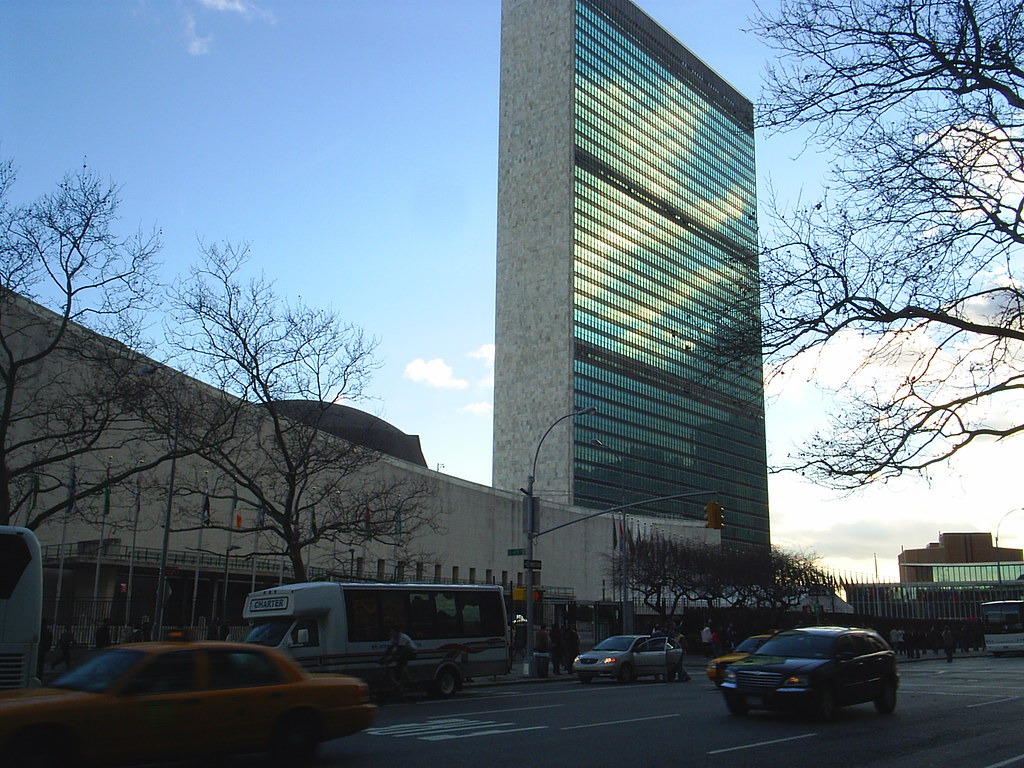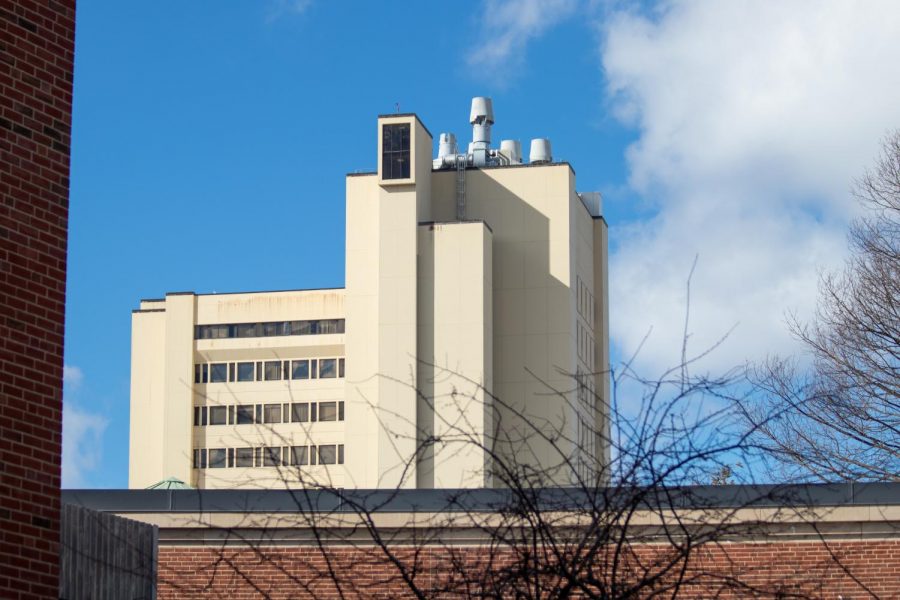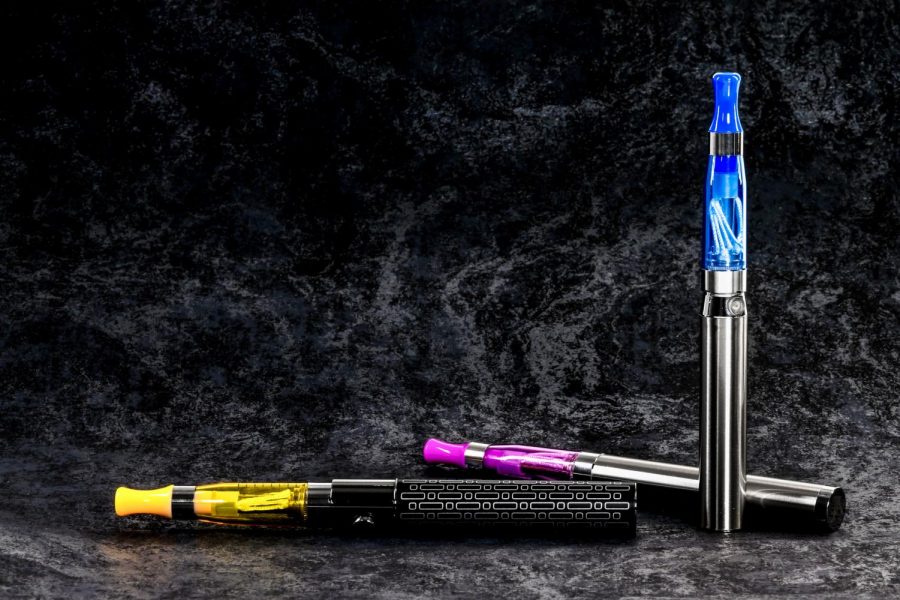The September and October editions of Sierra Magazine failed to include the University of Massachusetts, one of the leading research institutions of green economics, on their listing of 135 schools across the nation. To leave a school which has one of the only professional master’s programs in green building design off New England’s list is a serious misjudgment by the Sierra Club. However, the statistics used in ranking come from the 2008-2009 academic year and don’t fully represent the current green utilizations of UMass Amherst.
Three major building projects have been introduced within the last three years that all take the environment into consideration. In 2006, the North Residential Area became the first new housing complex on campus since 1971, using a large portion of recycled steel framing material in its construction. Additionally, the apartment’s air conditioning system uses chlorofluorocarbon (CFC) free refrigerant for less ozone depletion into the Earth’s atmosphere.
The newly built Integrated Sciences Building, which contains a roof garden, also consists of a 20,000 gallon rain water drainage system. Senior Architect Jeffrey Quakenbush of Facilities Planning verified that this water will then be pumped to the chiller plant cooling towers to remove the heat from warmed water that returns to the chiller plant from buildings being cooled. Other high tech innovations are carbon dioxide sensors that shut lights off in unoccupied rooms for the Studio Arts Building.
Although the facilities are undoubtedly green, in recent months, Dining Services has come under fire over their waste management practices. After a few weeks since going tray-less, all four dining commons are seeing drastic results in the amount of waste saved. The policy also encourages students to make more trips and be mindful of how much they are actually wasting. According to Berkshire Assistant Manager Ryan Pipczynski, it was “disheartening to work in the dish room and see how much food just goes down the tubes.”
Rather than going down those drains, food waste, cardboard and plastics are being recycled down to the last Heinz Ketchup bottle. Poorly designed originally, Berkshire DC, has a new system in place using smaller size compost bins. Plus, a can crusher allows added space for aluminum recyclables as well. Pipczynski assured that every single crumb is being collected by the physical plant daily, and not going down the garbage disposal. And if you compare Berkshire’s compost to last year’s, it’s going to skyrocket. Why? They are doing their job the green way, and the right way.
Not wanting to subtract the value of student’s meal plans in the process of going green, Dining Services gave back pretty fresh aluminum water bottles, in exchange for disposing the paper cups and plastic lids. Take a look at what the earth logo reads on the carry-out bags next time after stopping by the grab and go. Even the plastic materials have become more environmentally friendly compared to the thick Wal-Mart type bags used a few years back.
“We’re not going to be perfect.” Pipczynski says. “But we’re continuously trying to take it to the next level and correct problems.”
The DCs are recycling, but what about the food being served? It seems that every other night some kind of fish is being served as part of the main course. Whether it is beer-battered cod or dill buttered salmon, many wild life conscious students are concerned over the declining reproduction of overfished Atlantic cod. UMass however, is the first public university to form a partnership with Seafood Watch, eliminating Atlantic cod from the menu. Pacific cod, which is farmed at Monterey Bay Aquarium, is being served instead. Guides on supporting ocean-friendly seafood are available at the front of every UMass DC. In addition to the Watch campaign, UMass Dining purchases all produce from local farmers.
The school’s cleaning services passed challenging audits based on 250 factors to receive an OSI green certificate, making UMass the first passing organization in Massachusetts. St. Paul-based food safety and sanitation company Ecolab has committed tremendous changes to not just the dining commons, but the rest of campus as well. All janitorial and chemical cleaning supplements are eco-approved. The cleaning agents now have 96 percent less packaging due to new cellophane wrapping. Rather than tossing out 25 empty pales a week, all that needs to be disposed of are wrappers.
What about the electric bill? Surely with 6,000 some odd students living in the densely populated Southwest area of campus, electricity must be through the roof. Or is it? The physical plant decreases water consumption by a whopping 36 percent through the use of low flow toilets. Alongside this, fossil fuel emissions have been cut down 24 percent.
To realize how green the University of Massachusetts truly is requires looking at the issue from a proportional standpoint. Obviously UMass is going to use more resources than the number one New England listed Middlebury College because we have 18,000 more undergrads. The truth is the campus is in the elite for green institutions when factoring in its actual needs.
Matt Sullivan is a Collegian columnist. He can be reached at [email protected].












